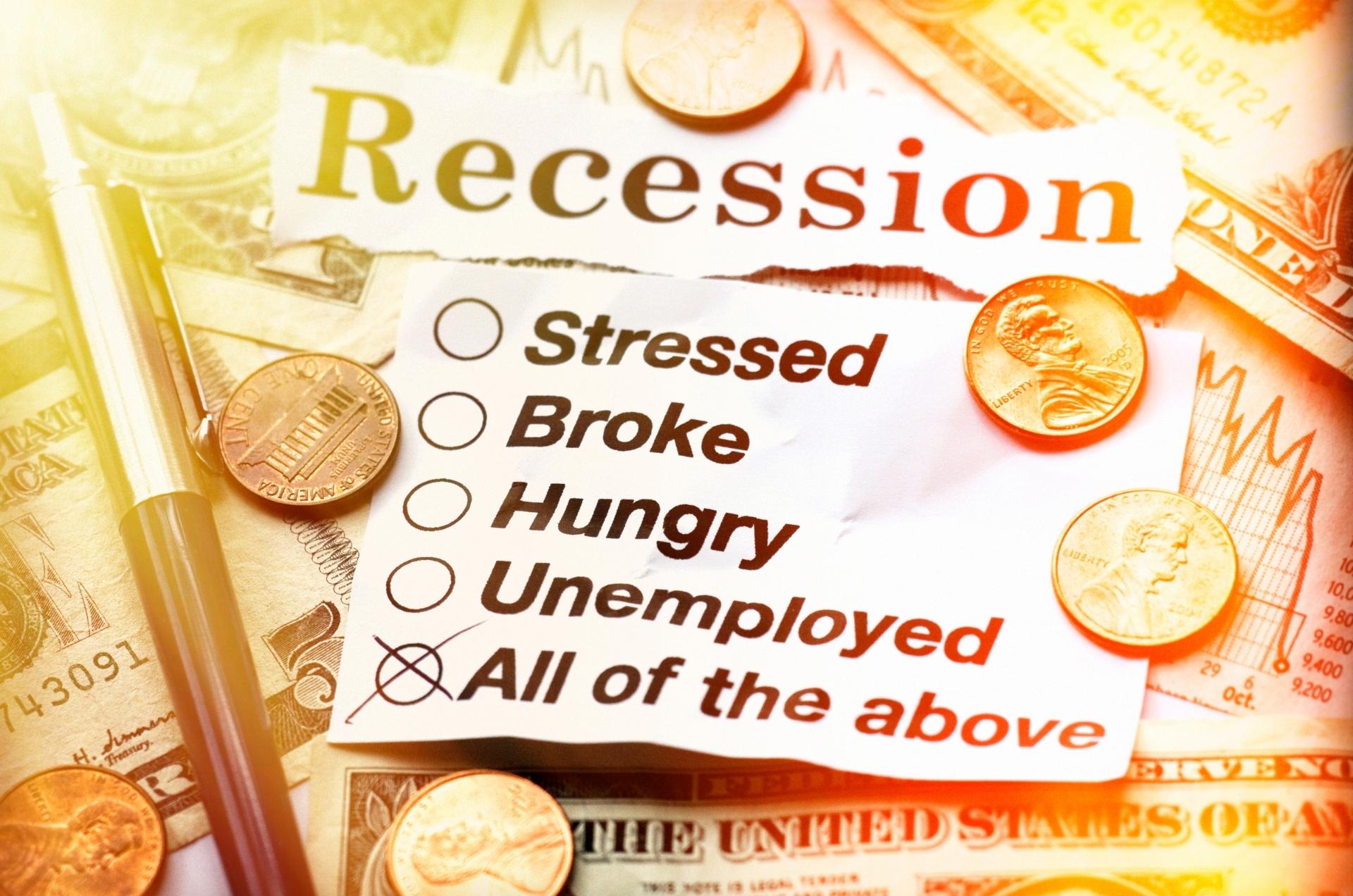There are four phases of market cycles: Inflation, Boom, Recovery, and Recession.
Market cycles typically have a cycle length of 6 to 12 months. However, fiscal policy in global markets can significantly impact the size of a market cycle. The typical range is 6 to 12, but if the central bank, for instance, dramatically reduced interest rates, it might prolong an up-trending market for years.
Economists predicted a prolonged Recession to prevail in 2023 last.
Nishtha Vasudevan of the ET bureau stated, “We should probably test the bottoms, in my opinion. There will be some sharp edges. More so than we did six months ago, we know what to anticipate from the Federal Reserve today. The two major issues that remain unresolved are how the conflict between Russia and Ukraine will end and how China will exit Covid. Those two results will affect the markets.”
Latest FED policy changes
The Fed is obviously behind the times, to start. Furthermore, their credibility has been harmed by recent inflationary trends and monetary policy responses. Investors, decision-makers, and central bankers believed they could predict the course of events and account for all potential outcomes, but it has shown to be extraordinarily challenging to predict the unintended repercussions of all of their actions. There is a definite slowing occurring in the West from monetary policy tightening.
A further sharp fall is expected in 2023!
There will be some sharp edges. More so than we did six months ago, we know what to anticipate from the Federal Reserve today. The two major issues that remain unresolved are how the conflict between Russia and Ukraine will end and how China will exit Covid. Those two outcomes will drive the markets. It won’t be about markets, inflation, interest rates, or a recession if tensions between Russia and Ukraine escalate and the public becomes alarmed by what Putin is saying. It will be totally different in every way. Covid might have a good outcome for China. Russia-Ukraine will be slightly harder to forecast.
Is this different from the 2008 Crisis?
It’s possible that the financial system won’t squeak as badly as it did in 2008. There will undoubtedly be isolated areas of stress throughout the world, but I don’t believe that this applies to the system as a whole. There are concerns regarding the US and UK’s finances, as well. What you are witnessing on a global scale is a reset. The Russia-Ukraine conflict and its outcome are the huge elephants in the room.
Also Read – ” How to leave your 9-5 job and start working for yourself? “
Is India an island of Safety?
Yes, in that direction. However, the phrase “island of safety” is a bit extreme. India hasn’t undergone much change. Although there are new policies in place, the situation remains the same overall. Take a look at what has occurred in China and Europe. India is like an oasis when you put it all together because it’s a domestic story. A brand-new credit cycle is beginning to emerge. Post-Covid, the economy’s digitalization has accelerated. Due to the fact that productivity increases as the economy gradually changes from an offline to an online economy, this alone will help to keep inflation under control.
Can India snatch the game from China?
China and India have always considered options as a place to send money. And given what has transpired in China in the previous 12-18 months, such as Covid and much tighter regulation of areas of the new economy, a lot of international investors have taken money away or have shifted their emphasis from China. India is drawing a lot more attention lately. We have had several huge, smart Western organizations approach us and beg us to help them enhance the allocation to India considerably.
Do India’s valuations meet Global standards?
It is a consideration. The most crucial aspect, however, is sustainability and long-term growth. At the same time, elsewhere it’s looking foggy. India appears to be relatively expensive, but this is only because prices have fallen elsewhere.
The plunge in currencies shall be considered as
The currency movements are quite a sharp reflection of the future. The British pound, the euro, and the Japanese yen have caused the most hardship in terms of currencies. Although the rupee is at a low, this is not a sudden decline. There has been a long-term, gradual decline in this. So, the markets are telling you where the pressures are, where the imbalances are and where the hazards are.
Is there any recession visible in 2023?
Probably, Yes. Consequences can’t even be predicted now. Markets and geopolitics are driven by a wide range of causes. Additionally, a new set of factors have emerged, such as the conflict between Russia and Ukraine. The next 12 to 18 months, and possibly longer, will be extremely difficult for Europe. You can see that Germany’s feeling of resilience has been lost today. This fixation with inflation is one thing that is deeply ingrained in the minds of German officials. The US will slacken its pace. Consumption and the housing market are both slowing down. But they will survive because the US has a very large, secure, robust, and independent economy. In the West, the recession will be particularly severe.
Also Read – ” Byju’s losses widen to ₹4,588 crores in FY21 “
Impact on Asian Economies
Asia, a developing region, won’t likely experience as much hardship. There will be a spillover because many Asian nations are reliant on outside forces. Due to the local nature of its economy, India will be less affected. We must consider how China exits Covid in 2023, which ought to be advantageous.
Conclusion
One effect of a recession is a rise in unemployment, especially among low-skilled workers, as a result of businesses and even government organisations cutting staff to reduce costs. Recession-related output declines and firm closures are further effects. When weaker businesses are forced out the market, output usually declines for a while before increasing among the surviving businesses. More government-funded social programmes will be demanded as unemployment rates rise and families struggle to make ends meet. During a recession, it becomes more challenging to meet the rising demands placed on the social sector due to a decline in government revenue.











